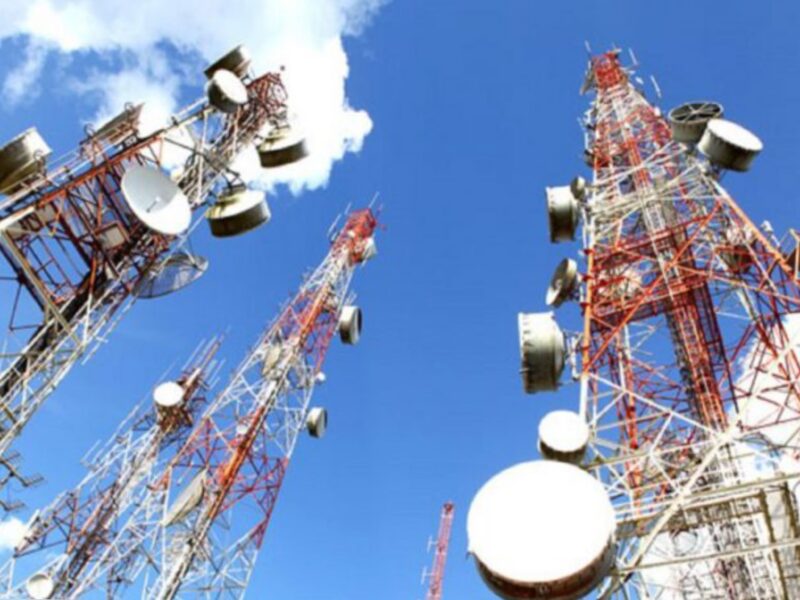The NATCOMS president also rejected the idea of load shedding, a strategy where telecom services would be available in certain areas at specific times to reduce operational costs.
Abuja, Nigeria – The National Association of Telecommunications Subscribers (NATCOMS) has called on the Nigerian Communications Commission (NCC) to approve a 10% tariff hike for telecom companies, citing rising operational costs in the sector.
In a statement to the News Agency of Nigeria (NAN), Mr. Adeolu Ogunbanjo, the National President of NATCOMS, emphasized the urgent need for the tariff adjustment to help telecom operators manage their increasing expenses and improve the quality of services.
Ogunbanjo noted that the current economic challenges, including the high cost of petrol and diesel, have significantly impacted telecom companies’ ability to maintain and operate their networks effectively. According to him, the proposed 10% increase, though substantial, would help alleviate some of the financial pressures on these companies.
“Telecom companies are facing severe financial strain due to the rising costs of essentials needed to power their networks. Despite the poor quality of service being rendered, they haven’t raised their tariffs in the past 11 years, even though operational costs have skyrocketed,” Ogunbanjo said.
He further explained that if the NCC approves the tariff hike, telecom companies would be able to enhance the quality of service for subscribers. “The 10% increase, once approved, must be used to improve services. Subscribers should expect better quality moving forward,” Ogunbanjo added.
Sector in Crisis
Ogunbanjo highlighted the severity of the financial crisis in the telecommunications sector, referencing comments made by renowned economist Bismarck Rewane, who described the industry as being in an “intensive care unit” during a recent workshop. He called for macroeconomic solutions to address the challenges facing telecom operators.
Rejection of Load Shedding
The NATCOMS president also rejected the idea of load shedding, a strategy where telecom services would be available in certain areas at specific times to reduce operational costs. This method has reportedly been implemented by some operators in Nigeria, prioritizing high-revenue areas while neglecting others.
Ogunbanjo warned that such an approach would have serious consequences for critical sectors like banking, healthcare, and education, which heavily depend on uninterrupted telecom services. He cautioned that telecom subscribers would hold operators accountable for service disruptions caused by load shedding, which could further harm the economy.
He concluded by stating that load shedding is similar to electricity rationing, which has caused significant issues in Nigeria. “If telecom operators start rationing services like electricity, it will disrupt businesses and essential services. Many activities are conducted online today, and any interruption will have widespread negative effects,” Ogunbanjo stated.






![Nigeria Comes third in Africa for U.S. deportation Row [Full List] Nigeria Comes third in Africa for U.S. deportation Row [Full List]](https://reportafrique.com/wp-content/uploads/2025/04/D8CD7086-212B-436E-A748-22209CE05D85-260x195.jpeg)



Join our Channel...